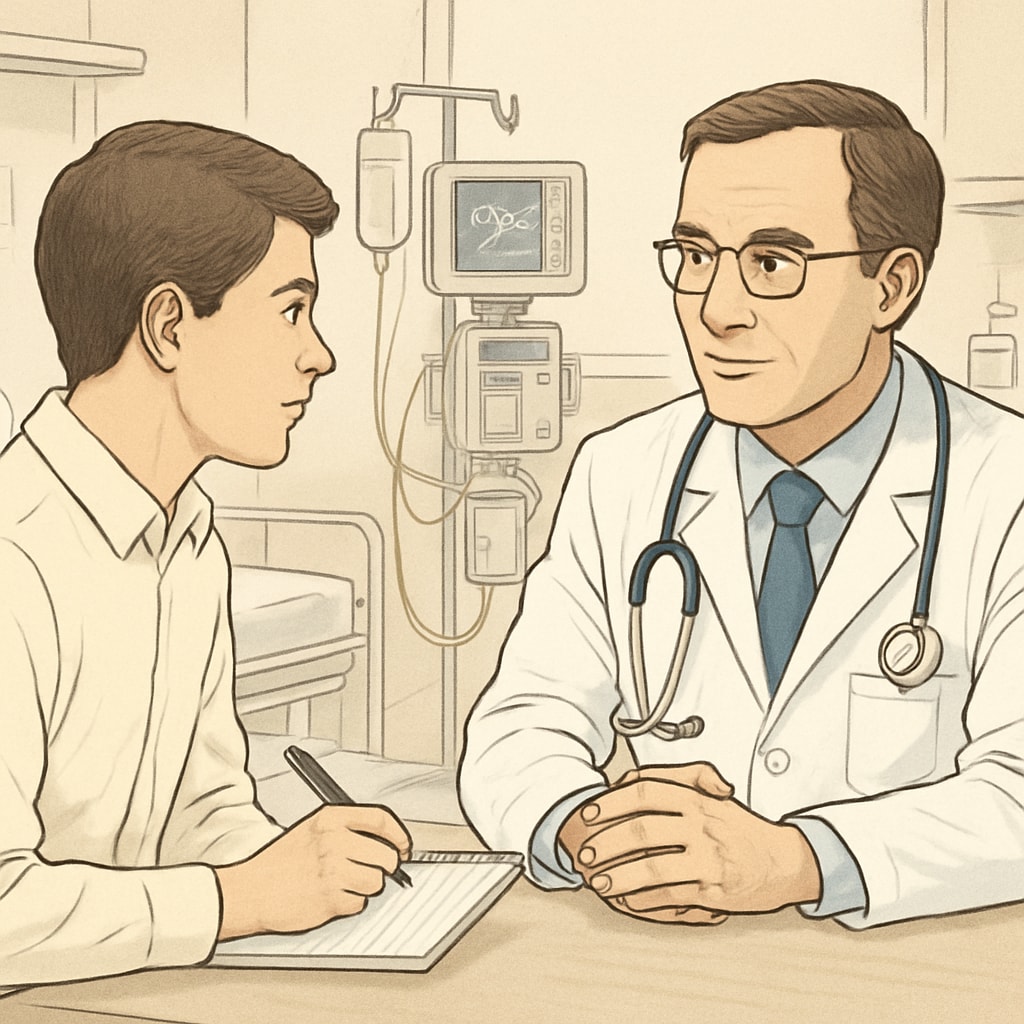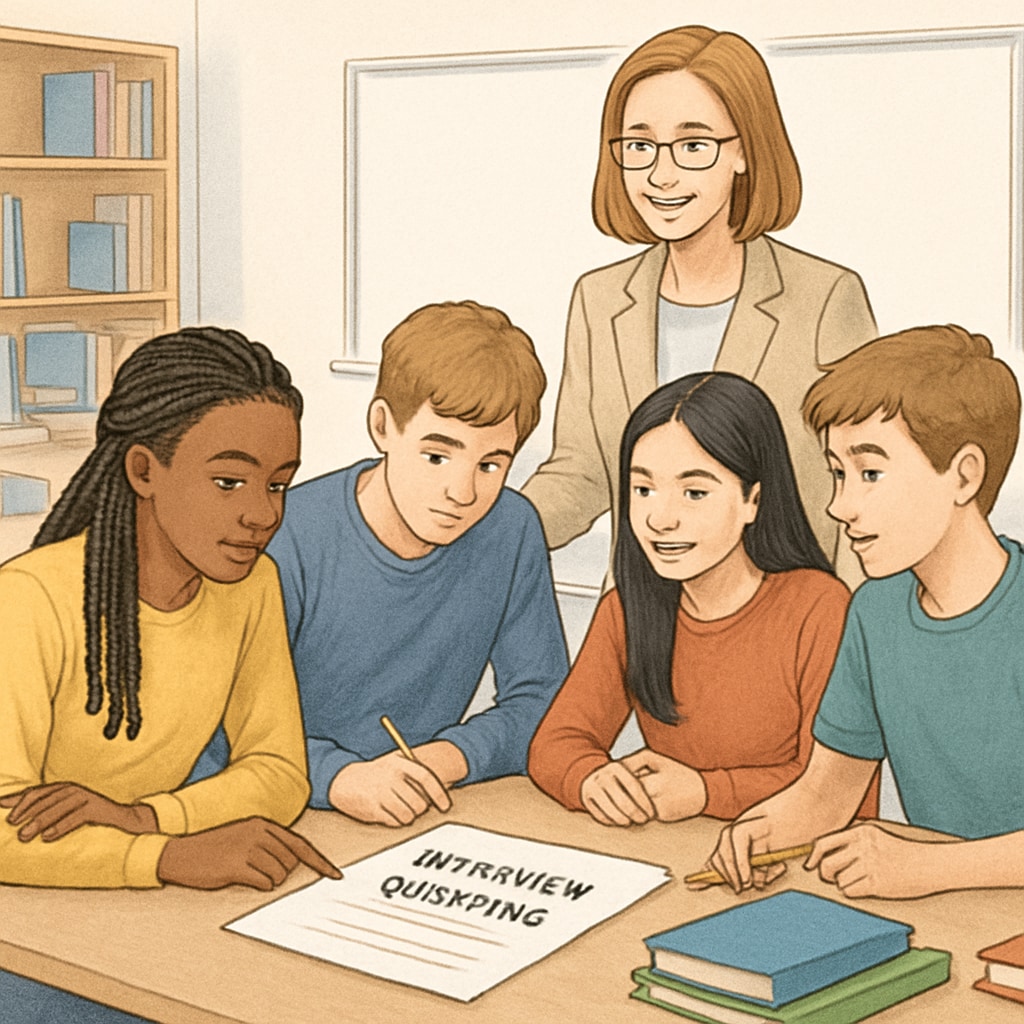Medical career interview projects are becoming an essential part of modern K12 education. These initiatives allow students to explore the intricacies of the medical profession, fostering career awareness, decision-making skills, and an understanding of the healthcare field. By designing and implementing structured school projects focused on interviewing doctors and other medical professionals, educators can provide students with an invaluable glimpse into the world of medicine while preparing them for their future careers.
The Importance of Medical Career Interview Projects
Incorporating medical career interview projects into school curriculums offers numerous benefits. First, they enable students to gain first-hand insights into the daily lives, challenges, and rewards of healthcare professionals. This exposure helps demystify the profession and encourages informed decision-making regarding career paths.
Additionally, such projects enhance students’ interpersonal and communication skills. By engaging with professionals, students learn how to ask thoughtful questions, listen actively, and build meaningful connections. Furthermore, these activities can ignite a passion for medicine and inspire students to pursue further education in related fields, such as biology, biotechnology, or public health.

Steps to Designing an Effective Medical Career Interview Project
A successful medical career interview project requires careful planning and execution. Below is a step-by-step framework for educators:
- Define Objectives: Clearly outline what the project aims to achieve, such as expanding knowledge of medical professions, improving communication skills, or exploring career options.
- Partner with Medical Professionals: Collaborate with local hospitals, clinics, or healthcare organizations to secure willing participants. Encourage diversity in roles, including doctors, nurses, and allied health professionals.
- Prepare Students: Teach students how to research the medical field, formulate relevant questions, and approach the interview with professionalism and curiosity.
- Conduct the Interviews: Arrange structured interview sessions, either in person or virtually, ensuring students have ample time to engage meaningfully with the professionals.
- Reflection and Presentation: Encourage students to reflect on their experiences and present their findings through essays, presentations, or group discussions. This reinforces learning and allows them to share insights with peers.
Guiding Students for Successful Interactions
To maximize the impact of the project, it is crucial to guide students effectively. Start by teaching them the importance of research. For example, students should familiarize themselves with the professional background of the interviewee and the broader medical field. This preparation enables meaningful conversations and demonstrates respect for the professional’s time.
Additionally, students should practice active listening and note-taking during the interview. Encourage them to ask open-ended questions, such as “What inspired you to become a doctor?” or “What are the biggest challenges in your role?” These types of questions elicit detailed responses and provide richer insights.
Finally, emphasize the importance of gratitude. Writing thank-you notes or emails to the interviewees not only leaves a positive impression but also teaches students the value of professional courtesy.

The Long-Term Impact on Students
Participating in medical career interview projects can have a profound effect on students’ lives. These experiences help them develop a clearer understanding of their interests and aptitudes, which is essential for long-term career planning. They also gain exposure to the ethical and emotional aspects of healthcare, fostering empathy and a sense of responsibility.
Moreover, students who engage in such projects often develop a stronger appreciation for the work of healthcare professionals. This can inspire future advocacy for public health issues or even motivate students to pursue volunteer opportunities in medical settings.
Conclusion
Medical career interview projects are a powerful tool for bridging the gap between education and real-world experience. By providing students with opportunities to interact with healthcare professionals, schools can nurture career awareness, communication skills, and a deeper appreciation for the medical field. With thoughtful planning and execution, these projects can inspire the next generation of healthcare leaders and innovators.
Readability guidance: Use short paragraphs and lists to summarize key points; maintain a balance between professional and accessible language; ensure even distribution of transitional words like “however,” “therefore,” and “in addition.”


